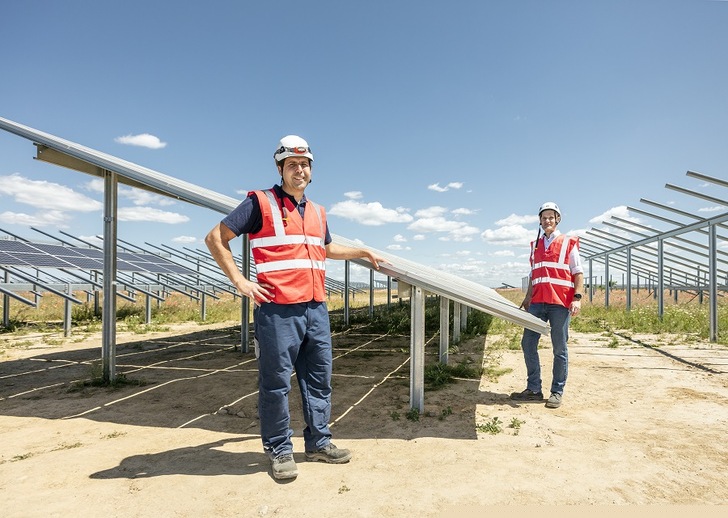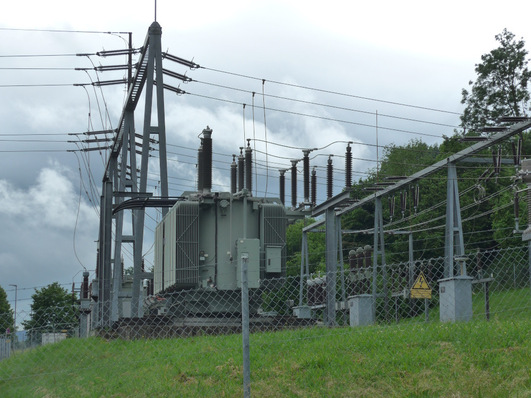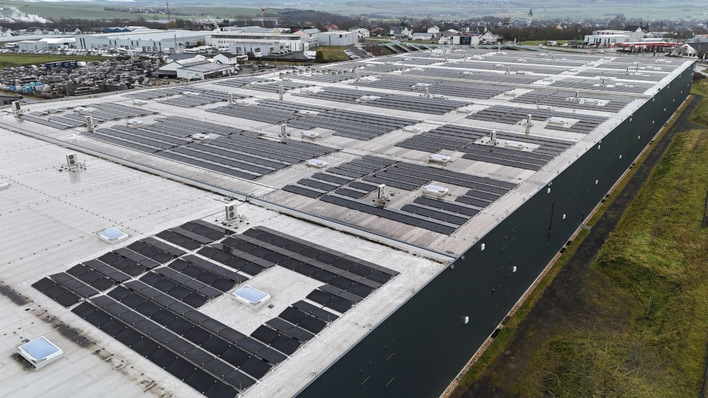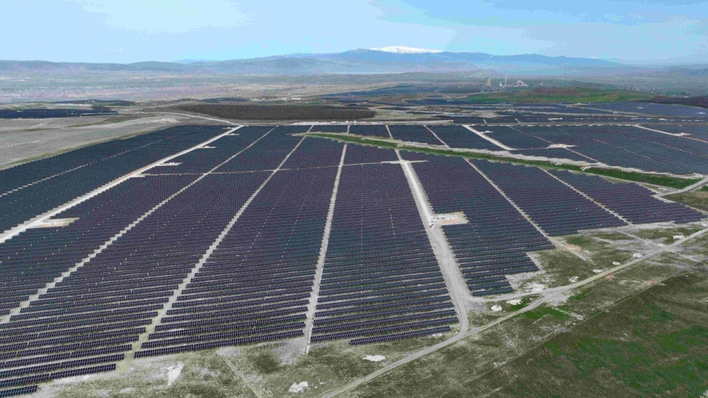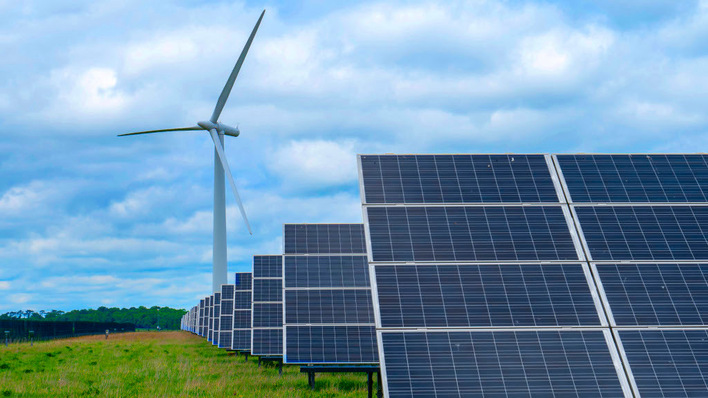The COVID-19 pandemic has triggered an unprecedented economic crisis and prompted a potential 7% decrease of the EU GDP. As a consequence, the massive risks of a protracted recession and unemployment are likely to affect the population, leading to an increase of structural inequalities. As the climate emergency was not put on hold by the current crisis, a socially just and inclusive energy transition is paramount for bringing citizens on board, and alleviating possible negative effects while enhancing the positive ones, especially on low-income population.
Paving the way for a successful energy transition
“Mitigating the negative social impacts from climate policies is essential to ensure broad support for the energy transition. This new study shows that negative effects can be offset with targeted policies and gives concrete examples of policies that can be considered for this purpose,” said Magnus Hall, Eurelectric’s President.
By analysing concrete policies already implemented by administrations across the world, the study presents the key measures that can fully offset the regressive effects of climate policies, paving the way for a successful energy transition.
Long-term retraining programmes
First, the study finds that well planned and adequately financed long-term retraining programmes can offer concrete options for workers, thus combating the unemployment related to the transition. Similarly to the Scottish Transition Training Fund, which supported the reskilling of workers from the oil and gas sectors, the EU Just Transition Fund can be a key mitigating tool to address an asymmetric job shift, particularly in the coal regions.
Second, compensation funds, in the form of lump-sum transfers or tax reductions, are a viable action to reduce the burden on population. The study identified that a lump-sum direct rebate option, recycling the revenues from key decarbonisation policies—including carbon pricing and fossil fuel taxes—would see an average sum of €260 going to households across the EU every year. With this amount, the dispensable income of the badly-off households will increase by 4.2%, and by 0.8% for richest.
Reducing energy costs through energy efficiency support schemes
Lastly, and very importantly, energy efficiency support schemes directed to households will improve citizens’ standard of living, while reducing the energy use and costs. Through the Renovation Wave, the EU has an opportunity to break the barriers to the uptake of energy efficient and low-carbon solutions. Our study finds that by 2050 the annual financing required for the uptake of energy efficiency measures amounts to € 1-3 billion for the EU as a whole.
“The new normal for all systems is characterised by climate change and rising inequality, lately magnified by the effects of COVID-19 crisis. We need to seize the moment and bounce back stronger thanks to an inclusive energy transition reinforced by a well-balanced package of decarbonisation policies. This study shows that it is certainly possible and of paramount importance for all.” , said Mr Carlo Papa, Managing Director of the Enel Foundation.
The study “E-quality: shaping an inclusive energy transition ” was carried out with the scientific contribution of the Enel Foundation, and analytical support from Guidehouse and Cambridge Econometrics. (hcn)


